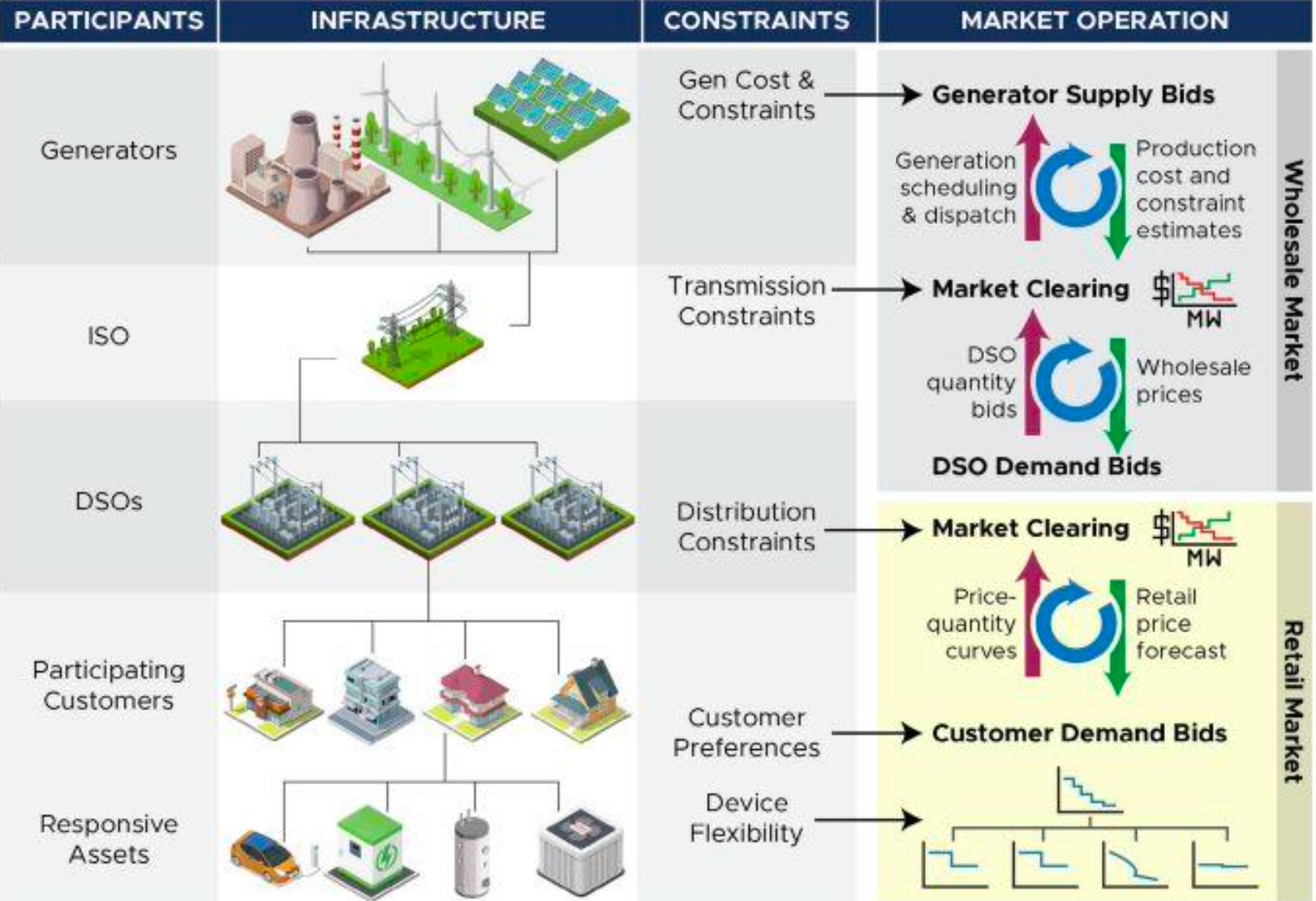
Introduction:
The energy landscape is undergoing a revolutionary transformation, and at the heart of this change are smart grid solutions. These innovative technologies are reshaping how we generate, distribute, and consume energy. In this article, we’ll explore the significance of smart grid solutions and the impact they have on the efficiency and sustainability of our energy systems.
Defining Smart Grid Solutions:
Smart grid solutions represent a paradigm shift in the traditional energy infrastructure. At their core, these solutions integrate advanced communication and control technologies into the electricity grid. The goal is to enhance reliability, optimize energy use, and enable the seamless integration of renewable energy sources.
Enhanced Monitoring and Control:
One of the key features of smart grid solutions is the ability to monitor and control various aspects of the energy grid in real-time. Advanced sensors and communication devices are deployed throughout the grid, providing continuous data on energy consumption, equipment health, and grid performance. This real-time information allows for swift responses to fluctuations and disturbances in the system.
Integration of Renewable Energy:
Smart grids play a pivotal role in facilitating the integration of renewable energy sources into the existing power grid. Solar, wind, and other renewable sources often generate energy intermittently. Smart grid technologies enable a more dynamic and responsive grid, ensuring that energy from renewable sources can be seamlessly incorporated while maintaining grid stability.
Efficient Energy Distribution:
Traditional grids often face challenges related to energy loss during distribution. Smart grid solutions address this by optimizing energy distribution through advanced automation and monitoring. This not only reduces energy wastage but also enhances the overall efficiency of the grid, leading to cost savings and a more sustainable energy system.
Demand Response and Consumer Empowerment:
Smart grids empower consumers by providing them with real-time information about their energy consumption. Through demand response programs, consumers can actively manage their energy use based on pricing and grid conditions. This not only benefits individual consumers in terms of cost savings but also contributes to a more balanced and stable grid.
Grid Resilience and Reliability:
Incorporating smart grid solutions significantly enhances the resilience and reliability of the energy grid. The ability to detect and respond to faults or outages promptly ensures a more robust and adaptive system. This is particularly crucial in the face of natural disasters or other unforeseen events that may impact the grid.
Cybersecurity Measures:
As our energy systems become more interconnected, the importance of cybersecurity cannot be overstated. Smart grid solutions incorporate robust cybersecurity measures to protect against potential cyber threats. This ensures the integrity of the grid and safeguards against unauthorized access or disruptions that could compromise the stability of the energy infrastructure.
Smart Grid Solutions are at the forefront of transforming our energy landscape. These technologies not only enhance efficiency and reliability but also pave the way for a more sustainable and resilient energy future. Embracing smart grid solutions is a critical step towards building a greener and smarter energy infrastructure.


